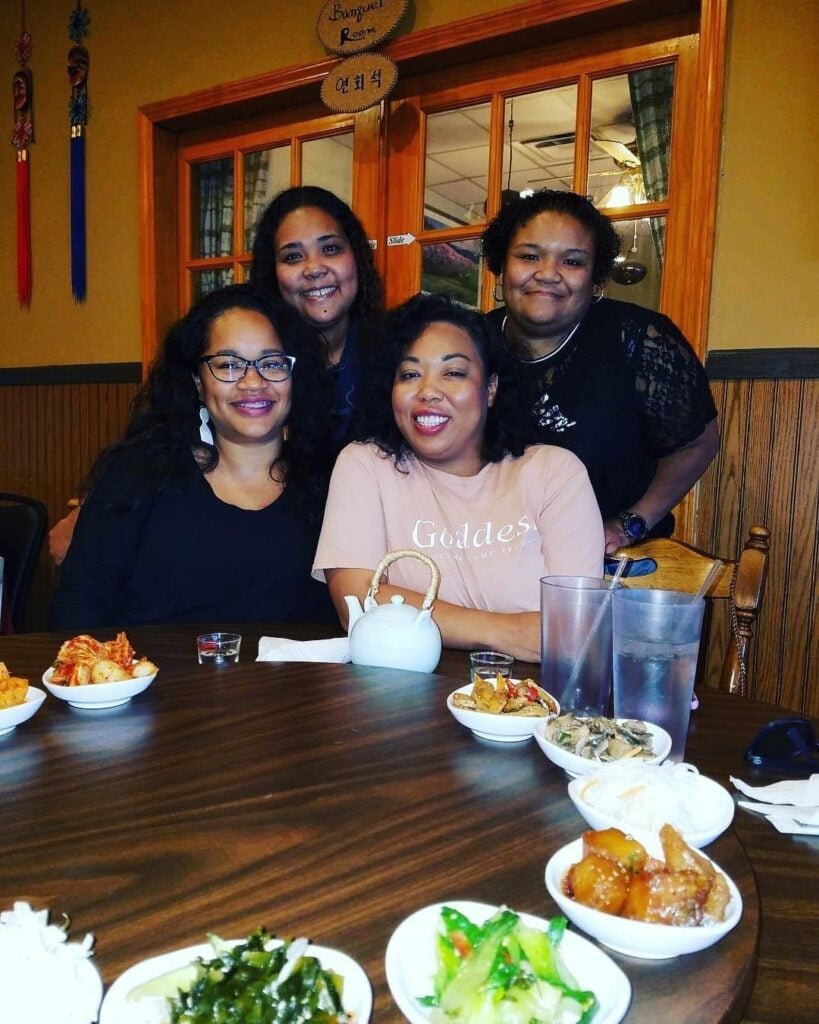Statistically, since COVID-19, hate against Asian American Pacific Islander Communities has
grown. According to stopaapihate.org, over 11,000 acts of hate against the AAPI community
have been reported since March of 2020. Whether it is racist acts of violence or derogatory
remarks, the AAPI community in the United States has been targeted because of the narrative
of fear and blame upheld even by members of our very own government.
In an article published by the University of California San Francisco entitled “Trump’s ‘Chinese
Virus’ Tweet Linked to Rise of Anti-Asian Hashtags on Twitter,” the hashtag #chinesevirus
used by former President Donald Trump escalated the stigmatization of people of Asian
descent.

I remember feeling particularly worried about my mother during the early days of
COVID-19. One day she called and told me about how uncomfortable she felt while standing in the
grocery store line. She said that people were staring, and she did not understand why.
Emigrating to the United States in 1976 and living in Gary, Indiana for most of that time,
without family or resources, my mother learned to navigate both social and political
systems to survive. As a child, I was able to witness this firsthand, and I can tell you it was not
an easy transition.
While my mother was able to eventually earn a living and make a few friends, the relationship
between Korean people and Black people in my community has been fraught with mistrust
and suspicion. This dynamic was not just relegated to my community in Gary.
In 1991, Latasha Harlins, an African American girl, was fatally shot at age 15 by Soon Ja Du, a
49-year-old Korean American convenience store owner in South Central Los Angeles,
California. Later, reports would reveal that the relationship between the Korean shop
owners and the Black community was so unhealthy that members of the Black community
predicted that someone would eventually be harmed.
As a teenager, I worked at a Korean-owned store in the Village Shopping Mall in Gary. My
friends and family who shopped there and at other Korean-owned stores in the mall described
being watched by Korean employees and made to feel like criminals. Amongst the Korean
community, because of incidents of theft, there was a sentiment that store owners had to be
vigilant to secure what they worked so hard to build. Because I was a part of both
communities, I had a unique perspective of each side and a clear understanding that mistrust
and a lack of empathy perpetuated these divisive feelings.
Understanding commonalities and differences in culture, better communication and
courageous leadership are ways that the AAPI community can be embraced by members of
our community. Michelle Obama says, “It’s harder to hate up close.” Taking the time to get to
know members of the AAPI community is the best remedy for substituting fear and hate with
love and acceptance.
Pennie Gregory is a member of KB Butterflies, a group celebrating people of Black and Korean heritage. This piece is part of a 4-part series in honor of Asian American Pacific Islander Heritage Month. To read the first part of the series, click here.
twitter






